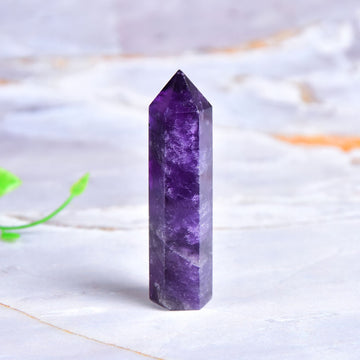Tai Chi, Yoga, and Qi Gong Are Not Like Other Workouts…
This article first appeared in mindbodygreen.com and is written by Dr. Isaac Eliaz
Tai Chi, Yoga, and Qi Gong—they’re not like other workouts. While a long swim or jog might leave us drained, ancient mind-body practices such as yoga and Tai Chi have the power to do just the opposite: They produce more energy than they consume. When we practice yoga, Tai Chi or Qi Gong, we feel calm, invigorated, clear-headed. We experience a sense of renewal on all levels.
People have been practicing these healing postures for thousands of years, but it’s only recently that scientists have begun to demonstrate how they affect our brains. In fact, two recent studies have added to the growing body of evidence that Tai Chi does more than condition our bodies. This research further substantiates the connection between physical fitness and cognitive health.
It also reminds us that ancient mind-body exercises such as yoga and Tai Chi can benefit us on multiple levels: Physical, mental, emotional and psycho-spiritual. By deepening the mind-body connection with mindful breathing, stretches, postures and meditation, these ancient practices encourage our innate healing capacities to flourish.
Brain Size Matters
Recently, investigators at the University of South Florida and Fudan University in Shanghai asked what happens to the brain when seniors practice Tai Chi. Published in the Journal of Alzheimer’s Disease, the study found that participants who practiced Tai Chi showed improved memory and other cognitive abilities and even experienced increased brain volume. The research also showed similar results for those who participated in spirited discussions.
Why is brain volume important? A number of studies have indicated a relationship between dementia and declining brain size. Other studies have shown that aerobic exercise stimulates proteins that help the brain grow. Whether Tai Chi directly affects our brains the same way will require more investigation.
Another study by scientists at the Oregon Research Institute and published in the New England Journal of Medicine found that Parkinson’s Disease patients who practiced Tai Chi had fewer falls, improved balance and posture and could walk better.
Finding Balance
The beauty of these ancient exercises is that, in addition to being good for our brains, they’re great for our bodies. In fact, I would make the case that they are better for you than most Western, conventional approaches to exercise.
We have been conditioned to believe that more is always better; that in order to benefit, we must work harder. However, this runs counter to what we know about the human body. Extreme forms of exercise stress our bodies and minds and take a considerable toll over time. As in all things, beneficial exercise requires balance. While we need to take time to work the body, we also need plenty of time to allow it to rest. Extreme workouts often don’t factor in that all-important respite. As a result, our bodies endure increased wear and tear because they don’t have the opportunity to remove accumulated lactic acid and other exercise byproducts.
This is not to say that we shouldn’t embrace strenuous workouts. Rather, we shouldn’t embrace only strenuous workouts. Why go in one direction when we can take a multi-pronged approach?
Yoga, Tai Chi and Qi Gong provide strength, flexibility, conditioning and mental well-being. In addition, numerous studies have shown these practices lower the risk of hypertension, heart disease, diabetes and cancer, while improving quality of life.
Another important mind-body practice is meditation. Regular meditation, even just ten minutes a day, can improve overall health, with particular benefits for cardiovascular health, inflammation and immune responses. Meditation practice is also shown to be as effective as antidepressants — if not more so — for anxiety, depression and other emotional issues.
Finally, we should never neglect our diets. Organic foods emphasizing lean protein, leafy and cruciferous vegetables and whole grains, plenty of filtered water and, of course, high quality nutritional supplements all play an important role in overall health. By integrating these practices, we can enhance longevity and bring calming counterpoints to our busy lives.
Dr. Isaac Eliaz is a respected author, lecturer, researcher, product formulator, and clinical practitioner. He has been a pioneer in the field of integrative medicine since the early 1980s.
The post Tai Chi, Yoga, and Qi Gong Are Not Like Other Workouts… appeared first on Project Yourself.





































